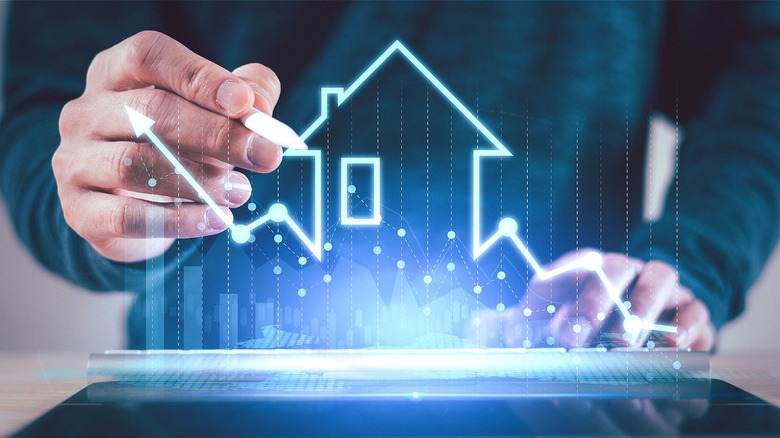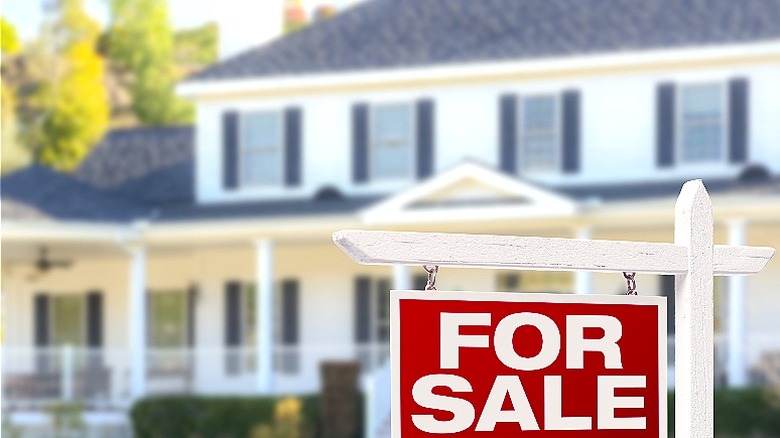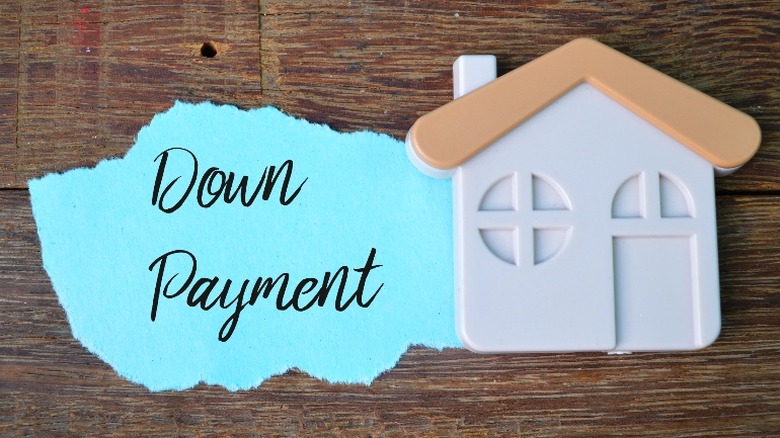US Home Prices Continue To Rise (But Annual Growth Is Slowing)
If you're a homeowner, you're probably ecstatic about how home prices have maintained an almost relentless march higher. On the other hand, would-be homebuyers probably aren't so thrilled. What's particularly perplexing about the staying power of elevated home prices is that mortgage rates are so much higher than a few years ago. That's a side-effect of the Federal Reserve's interest rate policy to curb inflation. Higher mortgage interest rates reduce home shoppers' buying power and traditionally put a damper on prices. However, that's not been the case of late.
Indeed, June 2024 caps 12 months of consecutive price growth, according to the S&P CoreLogic Case-Shiller U.S. National Home Price Index. That said, the rate of price increases is slowing in the U.S. In February 2024, home prices were rising at a rate of 6.6% year-over-year nationwide. That's since dropped to 5.4% in June, though you'd be excused for not rushing out to celebrate. The rate of annual gains also varies greatly by geographical location. For example, New York City boasted 9% year-over-year gains in June, with San Diego at 8.7% and Las Vegas at 8.5% not far behind. Of the 20 major cities measured, Portland, Oregon reported the lowest price gains year-over-year for the month, at just 0.8%.
Home sales volume is low
For all of the strength in pricing, actual sales volume is weak, with the time a home is on the market before accepting an offer recently ballooning to 51 days. That's compared to 40 days on the market in July 2023. Some experts speculate the stalemate is caused by homeowners who are hesitant to part company with their existing mortgages, many of which originated or were refinanced at much lower rates than today's ambient rates.
The affordability metrics for buyers is poor, yet there's no motivation for sellers to lower prices to a level that will attract more buyers. Sellers can afford to sit tight with their cheap mortgages and wait to receive their "wishing price," which may also represent the price at which it makes sense to give up their favorable loan terms. This begs the question of whether future generations will ever be able to afford a home.
Should potential homebuyers rejoice that the rate of U.S. home price increases is slowing slightly? Probably not. Much like broader inflation in many goods and services, house prices are still rising, even though the pace of gains may be slower. More importantly, that's on top of the already-massive gains logged during and shortly after the COVID pandemic. Finally, some of the recent tempering in home prices could be due to seasonality. Traditionally, spring and early summer are the best time to sell a home for the highest price.
This could just be a brief lull
As you may be aware, the Federal Reserve is widely expected to begin a cycle of interest rate cuts as early as mid-September. Those actions could inadvertently provide additional fuel for the next leg of home price gains. Although the Fed-controlled federal funds rate isn't directly correlated to mortgage rates, the two do frequently rise and fall in lockstep.
Prospective homebuyers might assume lower mortgage rates will result in increased affordability. However, it's also possible that lower home loan rates will spur pent-up demand and actually result in price increases. Obviously, paying a higher price than today will erode any savings that lower mortgage rates may have introduced.
Similarly, Vice President Kamala Harris, the Democratic presidential nominee, put forth a slew of proposals to make U.S. homes more affordable. One of the core pieces of this legislation is $25,000 in down-payment assistance for first-time homeowners. Yet, some critics, including Elon Musk, are skeptical and foresee that the $25,000 in government assistance will merely increase the price of starter homes by a corresponding $25,000 while simultaneously worsening budget deficits.
In any case, U.S. home prices have been undeniably sticky and the recent decrease in momentum could be short-lived. If you're struggling with purchasing a home, check out our guide to how to buy a house if you're broke, and whether you actually should.


